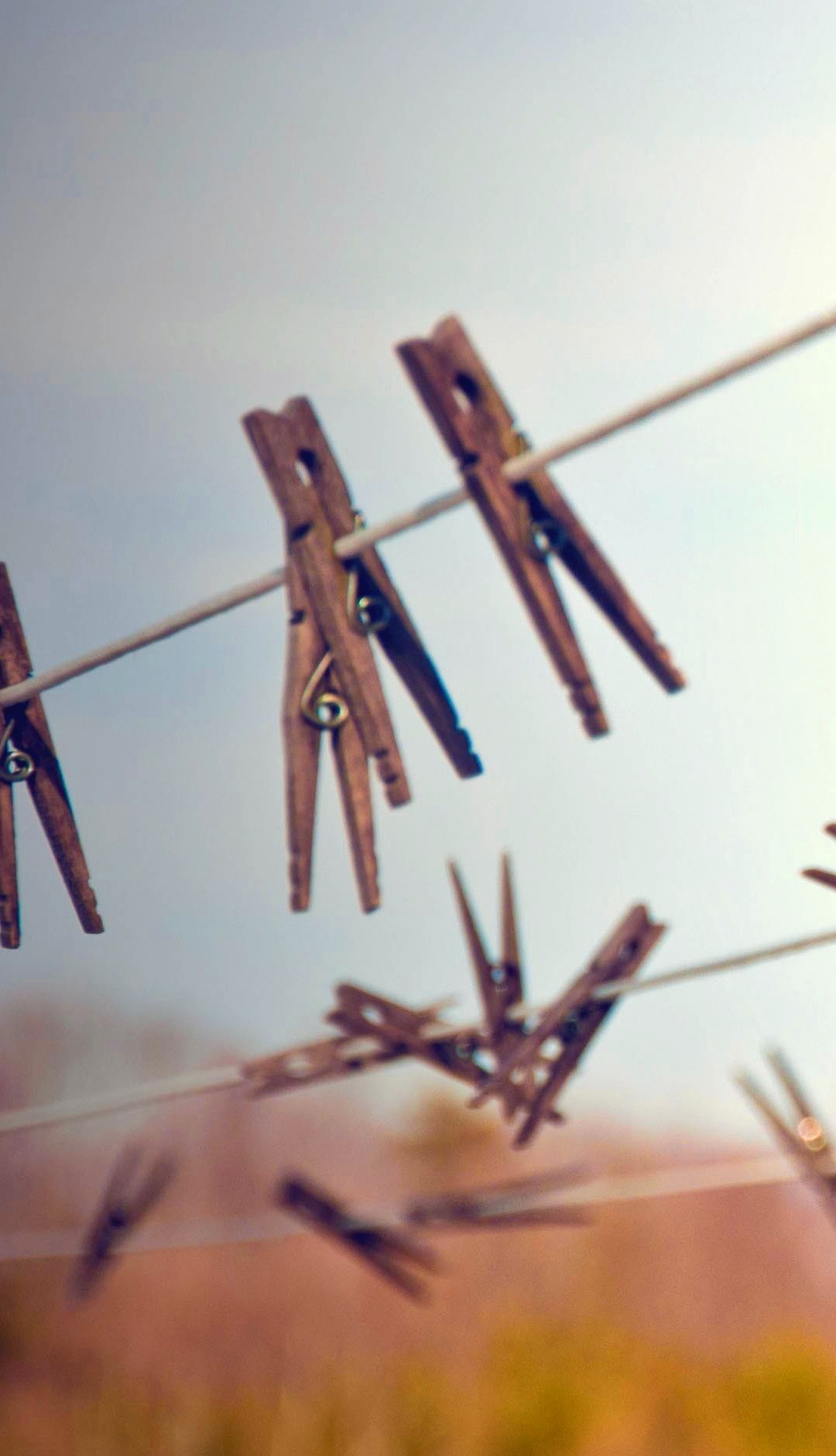What’s the cleanest most efficient form of transport? What is the most cost effective solar technology? When considering, don’t mistake sophistication for elegance. If humans want to fix our society before it all implodes, we need to chose solutions that actually reduce our carbon and energy footprint, and not give us false positives. The original list of seven sustainable wonders of the world was started in 1997 By Alan Durning of the Sightline Institute (highly recommended group, BTW). The amazingly brilliant system analyst, Donella Meadows (now deceased), heard of the list in 1999 and expanded upon it. What these whole systems thinkers considered truly sustainable technologies are any basic yet revolutionary technologies that allow humans to live gently on the Earth. What qualifies for the list, to paraphrase Donella Meadows, is “kindness to the earth and to human health, accessible to anyone, locally made, inexpensive to obtain and maintain, mostly old in concept with versions that have evolved in many cultures, runs on solar energy with no pollution, reusable, and biodegradable” – Seven-Plus Wonders of Sustainability. Here’s the list:
The bicycle — the most energy-efficient form of transport ever devised. It doesn’t emit pollution, it runs on renewable energy, it makes its user healthier, it’s easy to repair, it requires little in the way of pavement or parking lot, and 80 percent of the world’s people can afford one. (Only 10 percent of the world’s people can afford a car.)
The clothesline — even more affordable than the bicycle, just a length of rope, runs on solar energy, no electricity, no pollution, and your clothes come out smelling sweet.
The ceiling fan — a fan makes a space feel 9 degrees F. cooler than it really is. A typical ceiling fan draws no more than 75 watts, only one-tenth as much as an air conditioner.
The condom — protects against some of the world’s worst diseases, gives parents control over the size and timing of their families, helps control population growth. Those are big jobs for a flimsy tube of rubber.
The public library — the written wisdom of the world at the fingertips of anyone with a library card! The average American pays $20 a year in taxes to support public libraries. A book that is loaned ten times cuts not only cost but paper use per read by a factor of ten.
The root cellar — temperature controlled by the earth, a way of storing many vegetables and fruits without moving parts, canning jars, boiling or freezing.
The basket — baskets, made all over the world by skillful hands out of renewable, biodegradable material, are lightweight, strong, beautiful, and reusable over and over.
Meadows goes on and on, and so can you: the olive tree, the sari, the compost pile, the knitting needle, the canoe. . .


Recent Comments